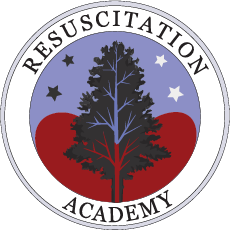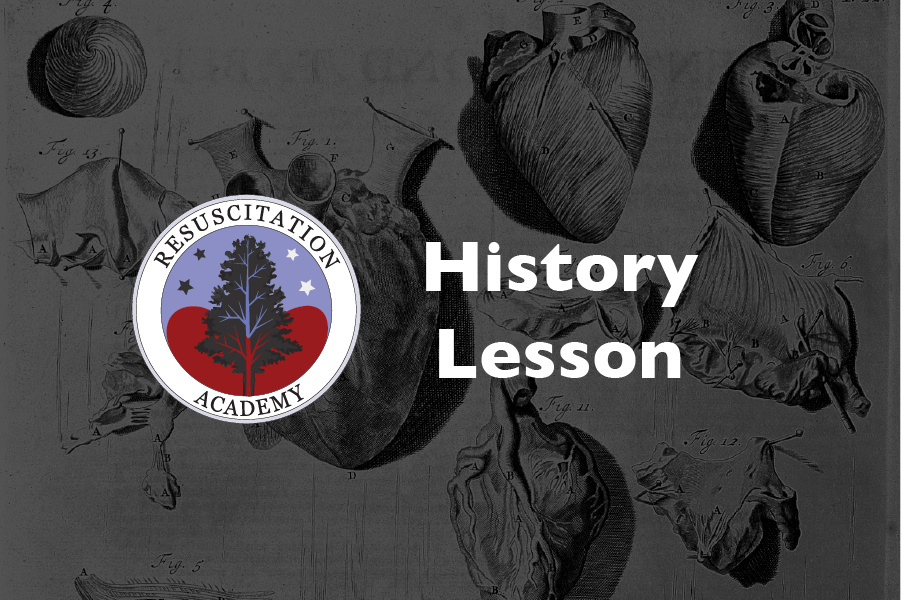Congratulations to the Detroit Fire Department!

Detroit used to have one of the lowest, if not the lowest, survival rate from cardiac arrest in the nation.
A 2007 article listed one survivor among 471 cardiac arrests. But things have changed. A report from 2018 shows impressive improvement with overall survival reaching 6.4% in 2016 with the Utstein survival rate (witnessed VF) reaching 18.2%. The authors report improvements in the chain of survival. Among them, faster dispatch, telecommunicator CPR, training of fire fighters as medical first responders, additional ambulances, as well as, a process of ongoing quality improvement.
Over the past 5 years, several fire department leaders from Detroit attended the Resuscitation Academy. I like to think the Resuscitation Academy played a small role in giving these individuals the skills and motivation to help improve their system. Plus, I am pleased to see this happen since Detroit is my home town.
Way to go, Detroit!
Mickey Eisenberg, MD, PhD
The Resuscitation Academy
Sources
Improvement in Non-Traumatic, Out of Hospital Cardiac Arrest: Survival in Detroit from 2014-2016
Authors: S May, L Zhang, D Foley, E Brennan, B O’Neill, E Bork, P Levy, R Dunne
Journal: Journal of the American Heart Association, 2018, DOI: 10,1161/JAHA. 118.009831
Widespread implementation of T-CPR and HP-CPR will invariably lead to more lives saved. Key to this occurring are vigorous quality training and quality improvement programs.
It is no exaggeration to describe survival as low with high disparity across communities. Based on CARES data overall survival from witnessed VF is 33% and survival from all rhythms is 10%.
The desire to resuscitate the suddenly dead is as old as recorded history. Nothing was more terrifying and mysterious as death, particularly in its sudden manifestation.
One of the RA’s mantras is it “takes a system to save a victim.” We believe that survival rates will improve if EMS and communications departments work together, have strong leadership and foster a culture of excellence.
Every sudden cardiac arrest starts with clinical death — and the race is on to provide treatment to stop the progression to biological death and restore signs of life.
The RA Network was created to provide members with quick access to new and updated resources, and to hear the latest and greatest about what's going on across the resuscitation community.
The Resuscitation Academy will be hosting an RA Alumni Meeting in conjunction with the the Emergency Cardiac Care Update (ECCU) Conference to be held in Seattle on December 10, 2019.
Detroit used to have one of the lowest, if not the lowest, survival rate from cardiac arrest in the nation. A published article from 2007 listed one survivor among 471 cardiac arrests. But things have changed.
Who invented CPR? Who invented defibrillation? When did EMTs and paramedics begin resuscitation in the community and in peoples homes? The answers are all in a 40 minute video on the history of EMS.










There are opportunities to significantly increase survival from out of hospital cardiac arrest. Implementation of existing standards and training programs for telephone CPR and high-performance CPR will do much to improve survival.